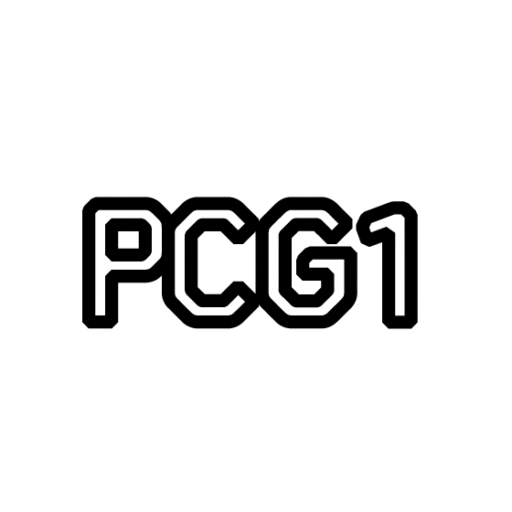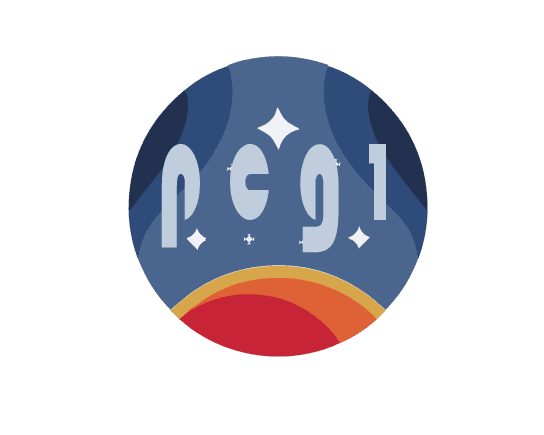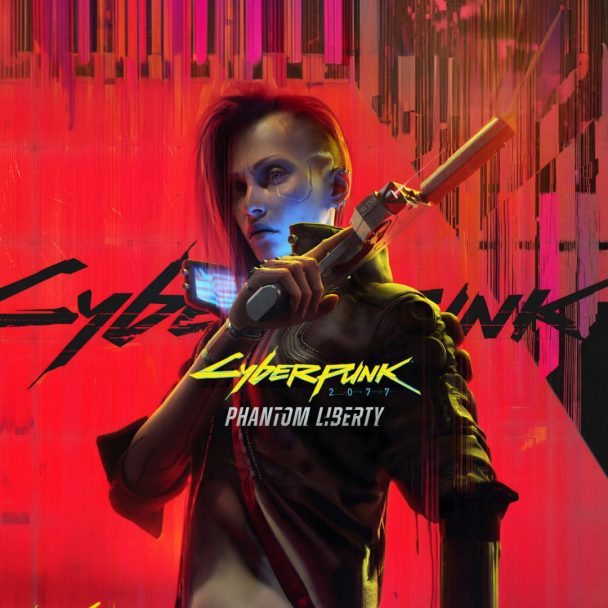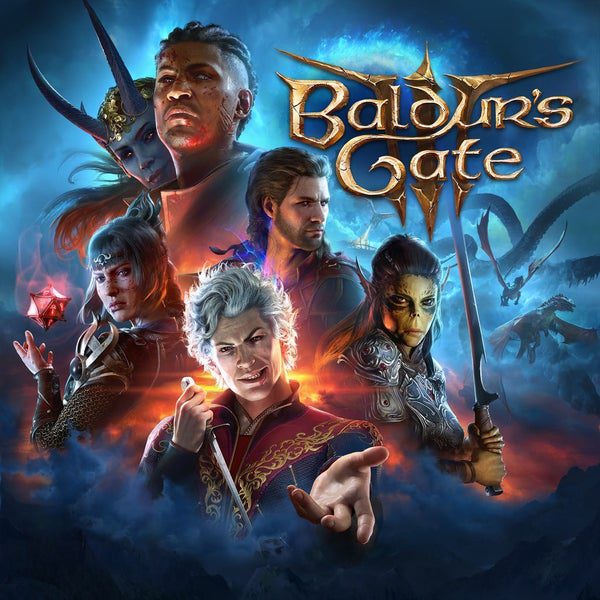New patrons only gain access to the last two games that Sokpop has produced.
Sokpop launched its Patreon at the end of 2017. The group chose its unusual subscription model because it wanted to keep making smaller, inventive games that wouldn’t work as larger titles or attract the necessary funding through Kickstarter and traditional publishers. The four friends had built a small, but highly supportive following on Twitter, too, by meeting people on various trips and uploading a steady stream of cute and comical animated GIFs. Instead of reaching for a larger audience, the collective realized it would be better to serve this niche but highly engaged group of fans first.
At the time of writing, Sokpop has made 19 games for 687 patrons chipping in $2,556 every month. The collective also sells each of their titles separately through Itch for $3. The dual-distribution is necessary because new Patrons only gain access to the last two games that Sokpop has produced, as well as every title released thereafter. The group compares this to a magazine subscription; if you sign up for Vogue or Vanity Fair, the publisher doesn’t mail you every back issue. It wouldn’t be fair, after all, to the people who have supported the project since day one. The Itch store also caters to people who only want to play a couple of Sokpop’s wares.


The subscription model ensures that the team gets a regular and mostly reliable source of revenue every month. Kickstarter, by comparison, gives developers a large lump sum that they then have to manage until the game’s release. It’s a stressful cycle or pitching, building and praying for sales. Sokpop’s system is closer to a wage and reduces the commercial and creative risk associated with each game. You’re buying into the team and its expanding library of experiments, rather than one particular project.
“A lot of people realize that it’s pretty cheap, and that if it’s not a game they like, they’ll get a new one in two weeks,” Koning said.
“If it’s not a game they like, they’ll get a new one in two weeks.”
The Patreon and Itch revenue isn’t enough for the team to survive, however. All of them balance Sokpop with freelance work that helps pay for food and rent. That puts pressure on the collective and its ability to release games every two weeks. At the moment, the four Sokpop members work almost exclusively on their own. They’re each responsible for one title every two months, which usually requires a week of prototyping, a fortnight of serious development, and a final week of polish, bug-fixing and promotion. That leaves another month for freelance work, vacation, and the larger, long-term games promised to patrons.
A month isn’t long to fine-tune a video game. Sokpop, though, was used to making game jam projects in roughly 48 hours. Four weeks, by comparison, felt like plenty of time to craft something short and experimental. “What we forgot, or didn’t quite realize, is that we really don’t want to spend 40 hours of a 48-hour weekend making a game,” Koning said. The first few titles were chaotic to produce, but slowly Sokpop has found its rhythm. The team has got better at ‘scoping’ — knowing how large a project should be — and structuring their workflow.






